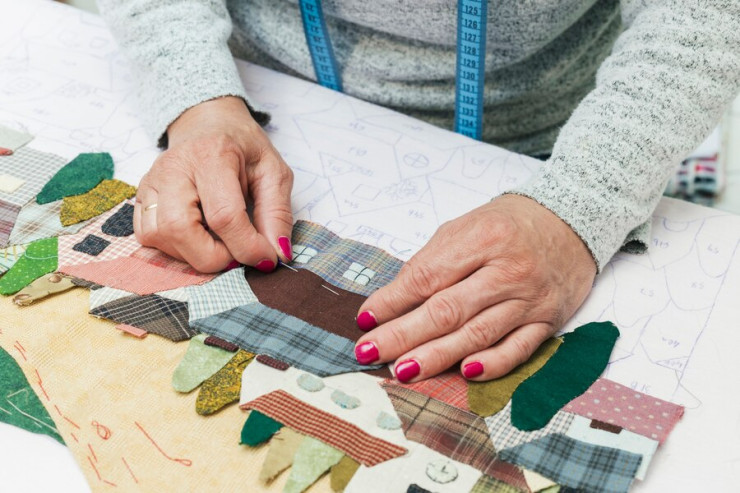Pattern Making and Sampling

Pattern
Making and Sampling for Your Clothing Brand: A Key Step Toward Perfection
Creating
a successful clothing brand is all about turning ideas into reality. While
designing is the first step, pattern making and sampling are the bridge between
your concept and the final product. These two crucial steps ensure that your
designs are practical, wearable, and ready for mass production.
What is Pattern Making?
Pattern
making is the process of converting a clothing design into a template from
which garments can be made. These patterns are the blueprint for the clothing,
and they dictate how the fabric is cut and stitched together to form the final
piece. It’s an essential step to ensure consistency, fit, and quality.
Why Pattern Making is Important
- Precision and Accuracy: A well-crafted pattern
ensures that the garments will fit as intended. Without proper patterns,
even the best designs can result in ill-fitting clothing.
- Consistency in Production: Patterns allow for
uniformity, especially when producing garments in bulk. They ensure that
every piece, no matter how many are made, is identical in fit and
structure.
- Material Efficiency: Correct pattern making
minimizes fabric wastage, leading to cost savings during production.
The Process of Pattern Making
- Design to Draft: The process begins with
your design, which is then translated into a flat 2D template. This
template includes all the garment’s components such as sleeves, collars,
and seams.
- Measurements and Grading: Patterns are created using
precise measurements, and grading is done to adjust the pattern for
different sizes.
- Prototyping: After the initial pattern
is made, a prototype or sample garment is produced to check fit and design
accuracy.
What is Sampling?
Sampling
is the process of creating a physical version of your garment design using the
pattern. It’s the step where your clothing design comes to life, allowing you
to assess its fit, look, and feel before going into full production.
Why Sampling is Crucial
- Testing Fit and
Functionality:
Sampling helps you ensure the garment fits well and functions as intended.
You can make adjustments before committing to large-scale production.
- Assessing Fabric Choices: It allows you to see how
your fabric choices work with the design. Some fabrics may look good on
paper but behave differently in real life.
- Pre-production Approval: Sampling is often the
final step before production. It gives you a chance to review the final
product and make any last-minute changes.
The Sampling Process
- Initial Sample: The first sample is made
using the pattern to check if the design translates well into a physical
garment.
- Fit Test and Adjustments: The sample is tested for
fit and adjustments are made to the pattern if necessary.
- Final Sample: After revisions, the final
sample is created. This serves as the benchmark for production and is used
to ensure consistency in the final product.
Benefits of Pattern Making and Sampling
- Reduced Risk: By testing the design and
fit through samples, you minimize the risk of costly errors during
production.
- Quality Control: Sampling allows you to
spot issues early on, ensuring that the final product meets your quality
standards.
- Customer Satisfaction: A well-fitting,
high-quality garment leads to greater customer satisfaction and brand
loyalty.
Conclusion
Pattern
making and sampling are vital steps in bringing your clothing designs to life.
They ensure that your garments not only look good but also fit well and are
ready for mass production. Investing time and resources into these processes
can help you avoid costly mistakes and deliver a high-quality product that
represents your brand well.
Ready to
perfect your designs? Start with expert pattern making and sampling today!